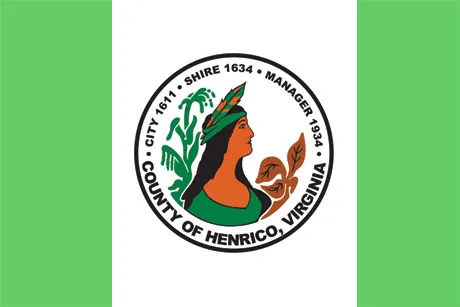Henrico Board of Supervisors — Top News — Government — John Vithoulkas — Justin Crawford — Henrico pay raise — Brandon Hinton — Henrico real estate tax — Henrico REAP — Henrico RECAP — Henrico BPOL
In proposed $1.25B operating budget, Henrico's Vithoulkas makes push to fill employee vacancies





